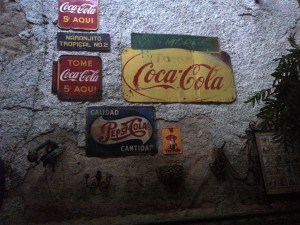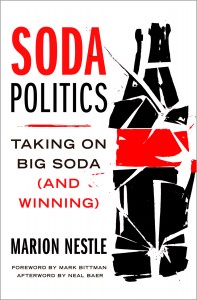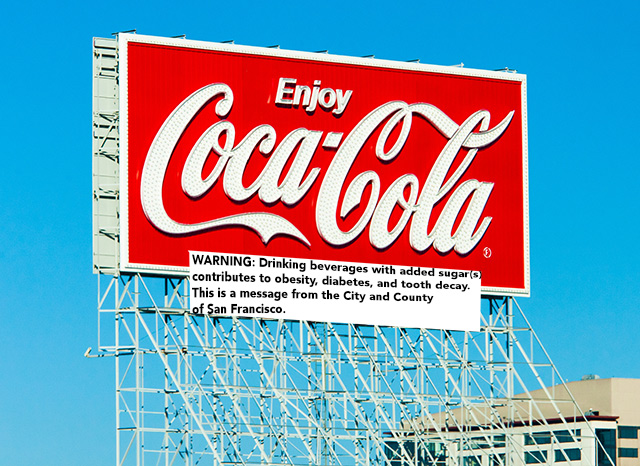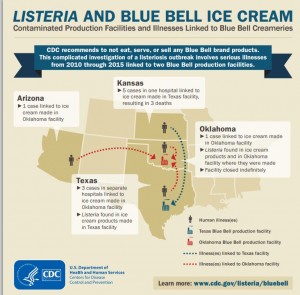Let’s stop Congress from interfering with the dietary guidelines, please
Politico Morning Agriculture reports today on an unprecedented move by the 2015 Dietary Guidelines Advisory Committee (DGAC). The committee sent a letter to members of Congress to protest legislative interference with its scientific process.
Recall: The DGAC’s research report alarmed meat producers when it said that sustainability needed to be considered in developing dietary guidelines.
Of course sustainability should be considered in developing dietary guidelines. Agricultural policy needs to be linked to health policy, and it’s high time we did so.
But industry protests and letters from Congress induced USDA Secretary Tom Vilsack to assure Congress that the 2015 guidelines will focus only on nutrition.
That was not enough. Industry groups induced the House of Representatives to put this rider in the 2016 Agricultural Appropriations bill:
SEC. 734. None of the funds made available by this Act may be used to release or implement the final version of the eighth edition of the Dietary Guidelines for Americans, revised pursuant to section 301 of the National Nutrition Monitoring and Related Research Act of 1990 (7 20 U.S.C. 5341), unless the Secretary of Agriculture and the Secretary of Health and Human Services comply with each of the following requirements:
(1) Each revision to any nutritional or dietary information or guideline contained in the 2010 edition of the Dietary Guidelines for Americans and any new nutritional or dietary information or guideline to be included in the eighth edition of the Dietary Guidelines for Americans shall be based on
(A) scientific evidence that has been rated ‘‘Grade I: Strong’’ by the grading rubric developed by the Nutrition Evidence Library of the Department of Agriculture; and
(B) shall be limited in scope to only matters of diet and nutrient intake.
Politics in action!
As I told Politico Morning Agriculture, I’ve never heard of a DGAC writing directly to Congress. But I understand its frustration. The committee was asked by USDA and HHS to review and consider the science of diet and health and did so. It reported what its members believe the science says. Some segments of the food industry don’t like the science so they are using the political system to fight back. The idea that some members of Congress would go along with this is shameful.
CSPI has organized a letter-writing campaign to defeat the rider and provides these tools:
Let’s keep Congress out of the dietary guidelines process. The process may not be perfect but scientific committees do the best they can to advice the public about dietary practices that are best for health—and, at long last, the environment.
Political interference with this process is not in the best interest of public health, and should be strongly discouraged. If you agree with this view, CSPI makes it easy for you to say so. Sign on now.
Update, June 25: Politico Morning Agriculture reports today that the Senate bill reads: “None of the funds appropriated in this Act may be used to issue, promulgate, or otherwise implement the 2015 Dietary Guidelines for Americans edition unless the information and guidelines in the report are solely nutritional and dietary in nature; and based only on a preponderance of nutritional and dietary scientific evidence and not extraneous information.”

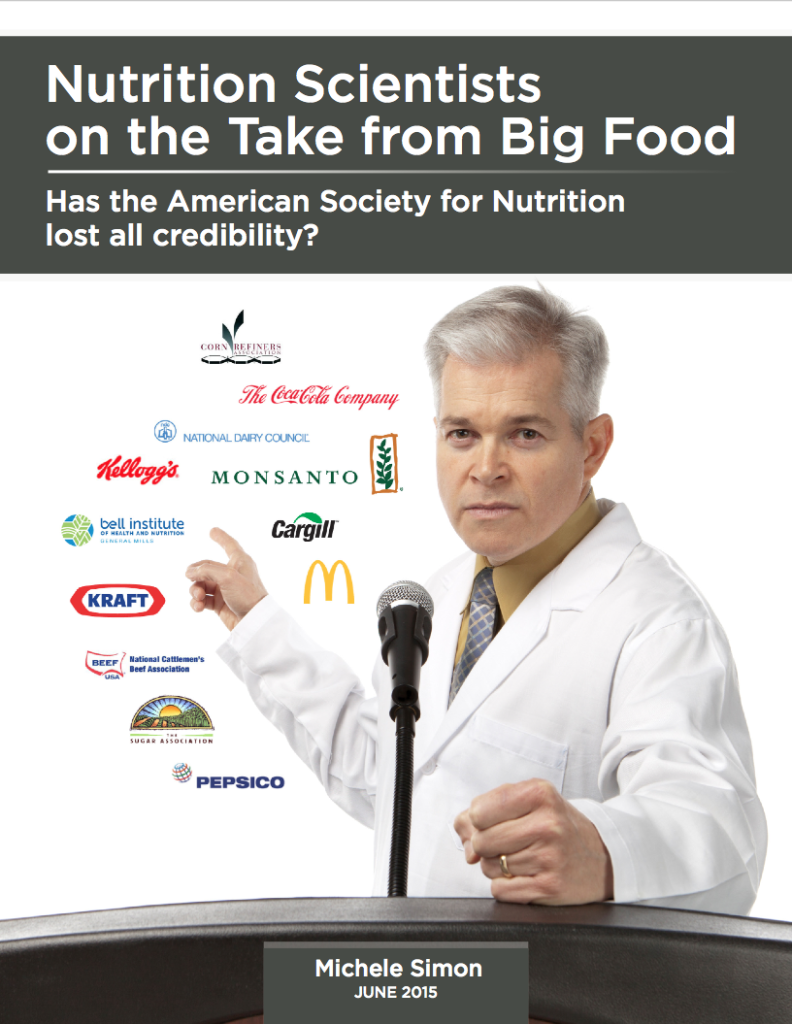
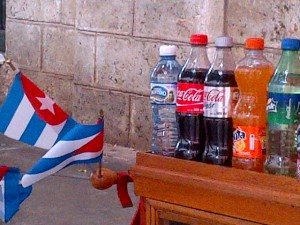

 As for soda marketing, it’s only collectors’ items. These are on the wall of Paladar San Cristóbal, in Central Havana:
As for soda marketing, it’s only collectors’ items. These are on the wall of Paladar San Cristóbal, in Central Havana: